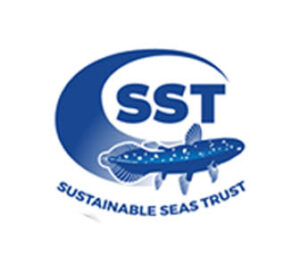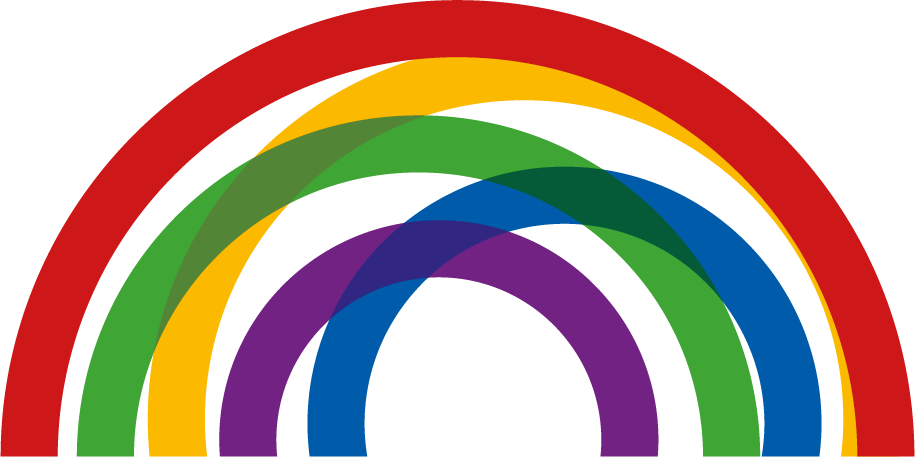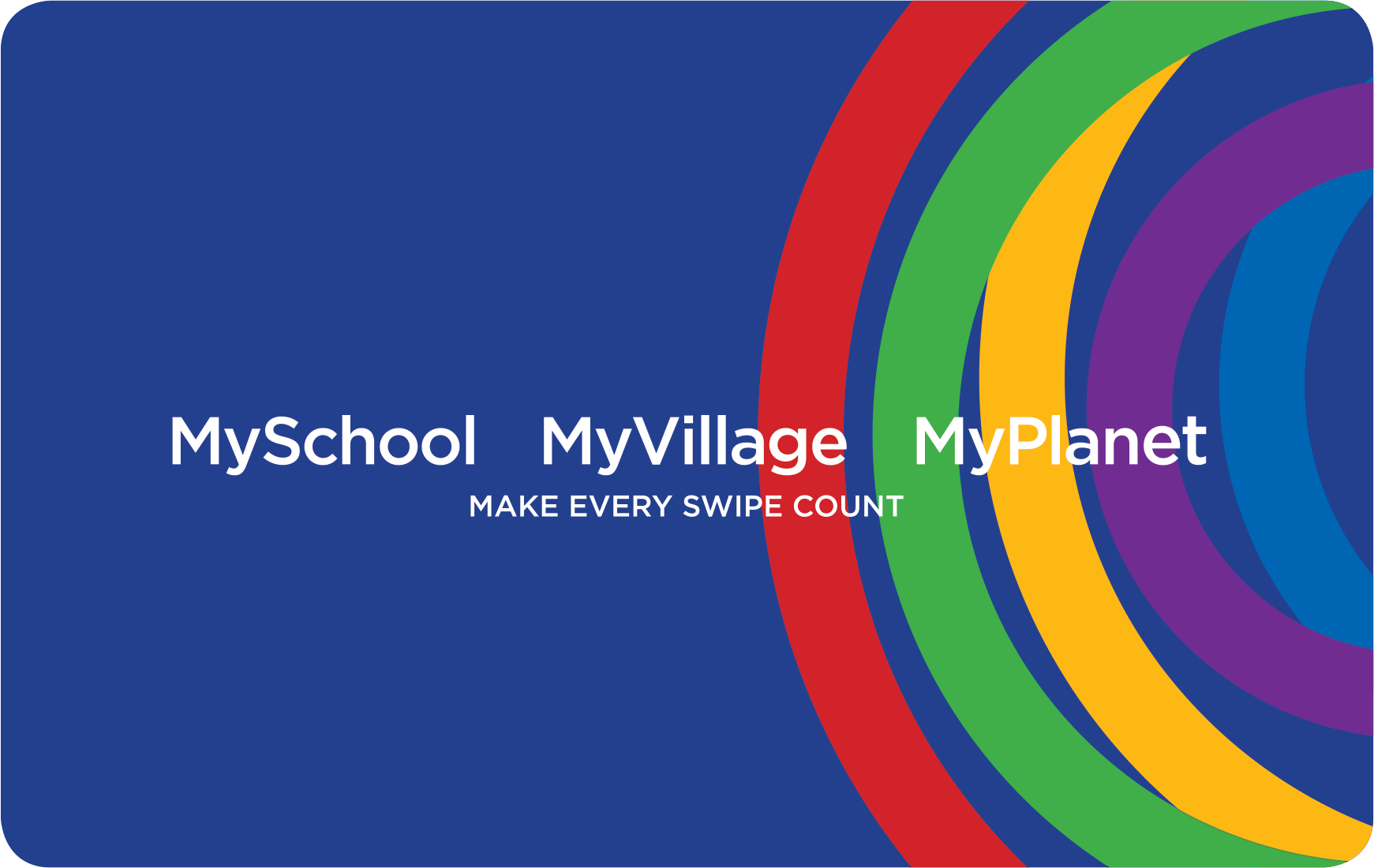
Munch SST | Munch that trash
SHARE THIS INSPIRING STORY ON
Gobbling up waste across schools, the Sustainable Seas Trust is bringing Munch to schools across SA — raising awareness and much-needed funds through recycled collections.
Munch — a giant wireframe coelacanth fish — is making waves at schools across South Africa to raise income through recycling. It’s a fun, interactive teaching tool for Grade R to Grade 10, launched by the Sustainable Seas Trust (SST) to teach sustained behaviour change.
The first Munch arrived at Mfesane Secondary school in Motherwell early in 2020 — the result of years of research into recycling and waste in African curriculums and environmental behaviour change education by the Sustainable Seas Trust (SST) Education Department.
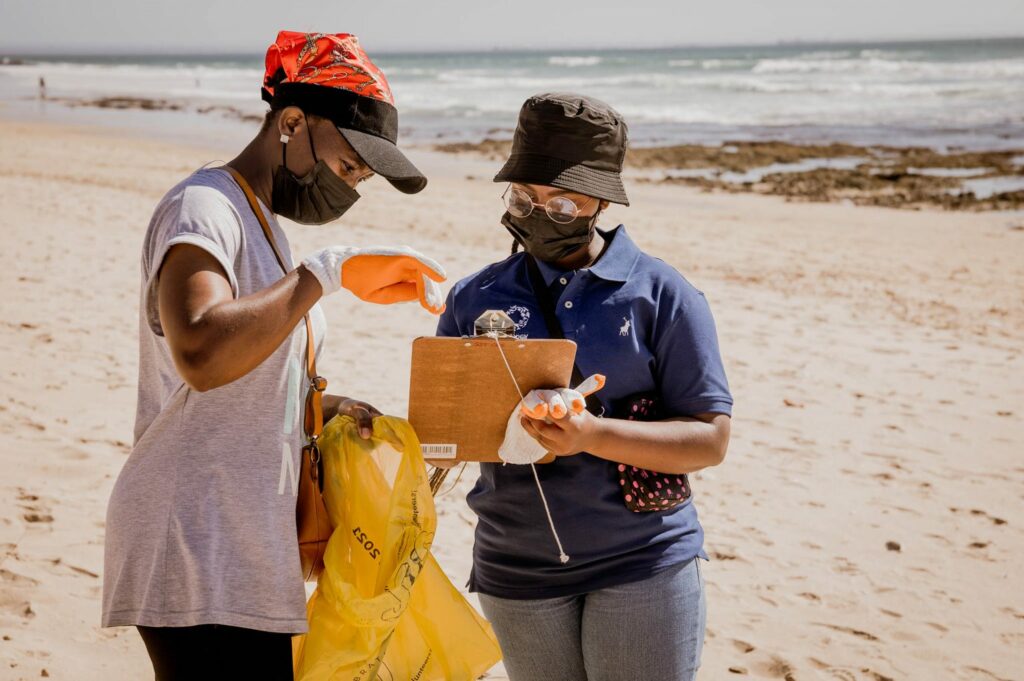
has five waste compartments: plastic caps, PET bottles, paper, HDPE plastic items and aluminium cans. One of Munch’s goals is to teach children how to identify and separate waste.
BEN also forms part of a consortium (along with Pedal Power Association and Qubeka) to supply bicycles to communities in the Western Cape over a three-year period. As part of the province’s sustainable transport programme (PSTP), the programme has seen just over 400 bicycles distributed to young learners.
One such NPO — Living Hope in Masiphumelele —’recently distributed five bicycles to its local community, while an NPO in Langa — Just Grace — handed out a further six.
Ben Bikes also joined forces with the Pedal Power Association (PPA) to launch the “Bike4All” programme — with a simple, strong vision to put more people on bikes. Shortly after, Qhubeka joined the initiative, matching the contribution from PPA and BEN with Qhubeka bicycles. The three organisations are united in their efforts to promote bicycle use in South Africa, working together to increase their impact and reach. Over the past year, 1475 utility bicycles have also been distributed to schools, clubs, charities, farm workers, and more. Along with their bikes, younger riders also receive a helmet and high-vis bib, while the COOL KID ON A BIKE programme is presented to groups to teach them safe cycling principles before handover.
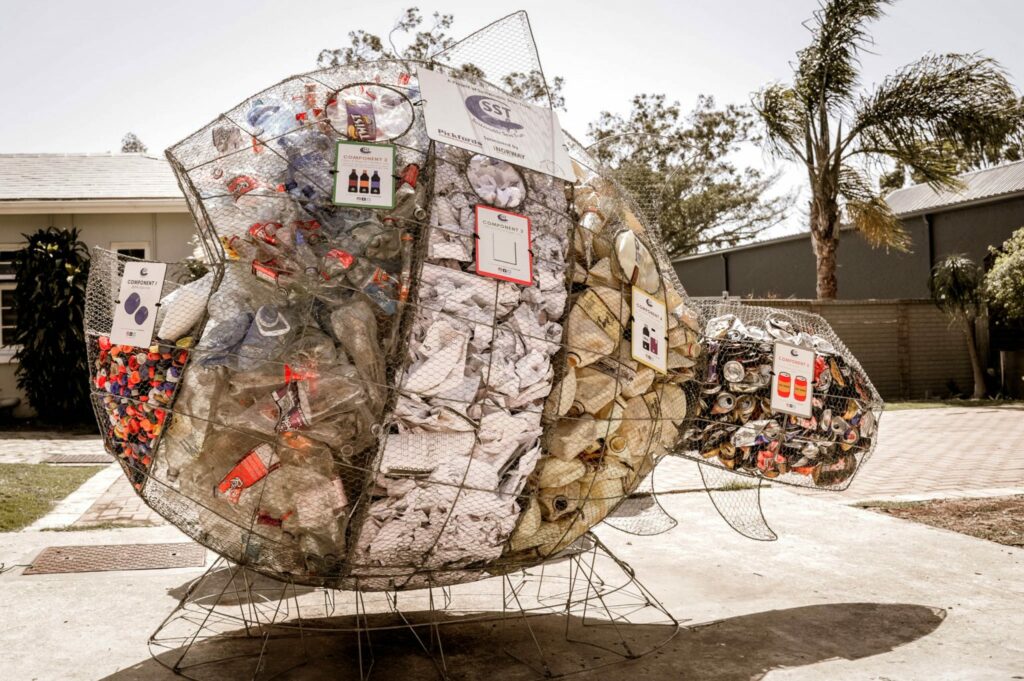
Munch has already visited various schools, and surveys show Munch results in improved education around waste and sustained behaviour change. And if you’ve wondered why Munch is a coelacanth, it’s because the SST was created out of the African Coelacanth Ecosystem Programme (ACEP).

Operation Clean Spot (OCS) is another SST-run citizen science project that allows everyone to be part of the solution to the litter problem — where individuals, schools, businesses and community groups identify an area that needs some cleaning up and adopt that spot by logging it on the interactive OCS map. After that, spot adopters can clean their sites and submit their efforts online, where it will be added to the map and contribute towards a cleaner, greener city.
